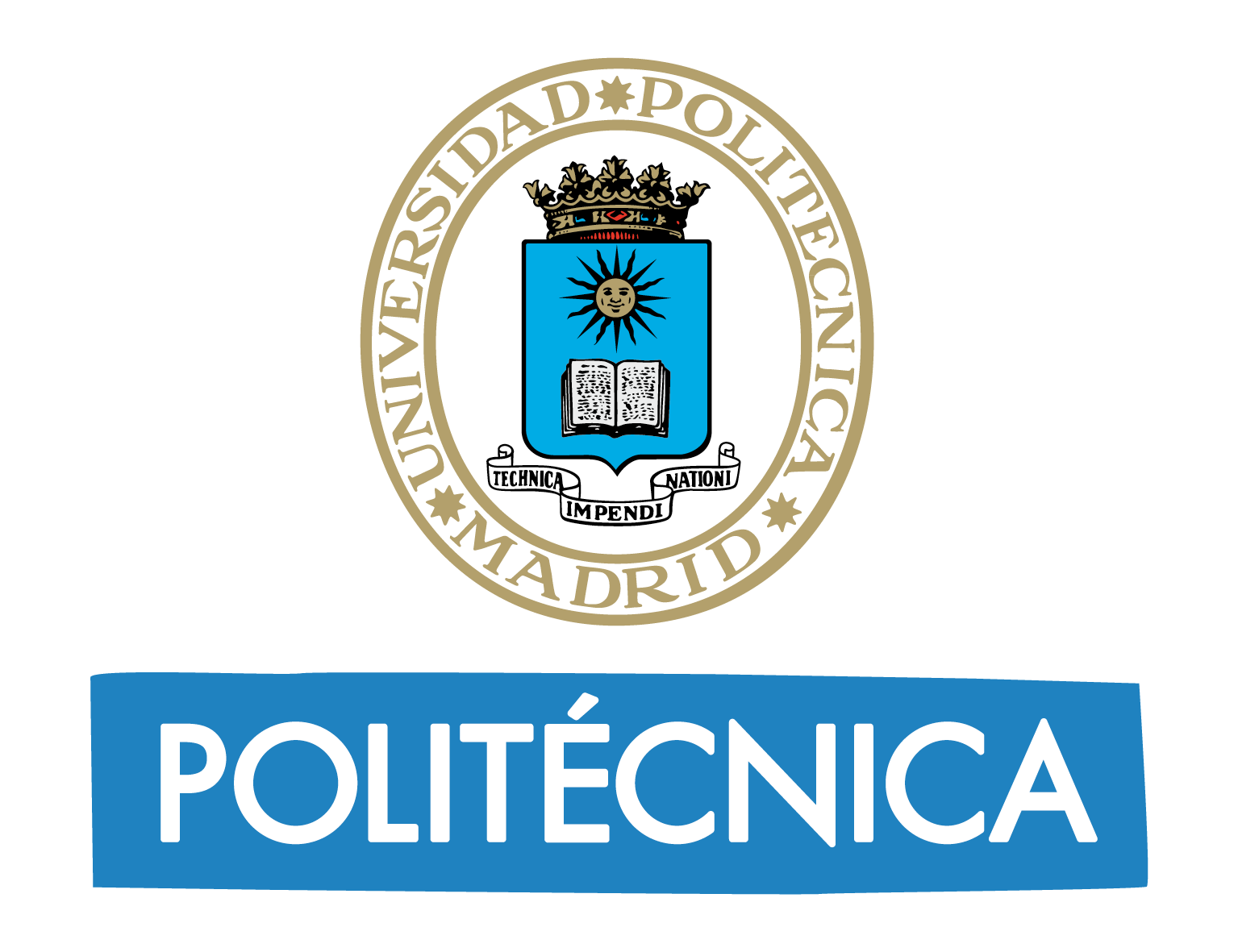Organizational Engineering
| Centre | E.T.S. DE INGENIEROS INDUSTRIALES |
|---|---|
| Official Degree | Organizational Engineering |
| Web | https://www.industriales.upm.es/docencia/master-en-ingenieria-de-organizacion/ |
| Area | Management and Organization |
| Modality | On-campus education |
| Credits | 90 ECTS |
| Languages | Spanish , English |
| Orientation | Professional |
| Places | 50 |
| Contact | Rafael Ramos 910676723 secretaria.mio@etsii.upm.es |
| Presentation | The main academic objective of the Master's Degree in Organization Engineering is to provide adequate, high-level grounding to engineers who are going to practice their profession in this branch of engineering, organization. Specifically within complex organizations where they are expected to carry out management responsibilities and organizational redesign, by providing them with the necessary knowledge to develop innovative technologies and systems for efficient and sustainable use. The training of the organizational engineer must take into account that his professional work will be developed in the design, implementation and operation of organizations of all kinds, particularly in industrial and productive systems. These tasks of the organizational engineer have to conform to a double set of rules, and procedures relating to both technology and organization, and their convergence determines the work space of the organizational engineer. The Master in Organizational Engineering (MIO) is designed to train organizational engineers capable of applying quantitative techniques and methods of data analysis for the design and implementation of innovative solutions in organizations and production systems that must operate in networks within an increasingly interconnected and digital world. The MIO has recently been redesigned to adapt it to the new circumstances in which industries, companies and organizations of all kinds operate, posing new challenges but also enormous opportunities for creativity and innovation. The MIO represents an academic workload of 90 ECTS distributed in three semesters, and is articulated around four modules:
In addition the student must choose 18 ECTS among those offered in a catalog of optional subjects and perform a Masters Thesis of 12 ECTS. |
| Interuniversity | No |


